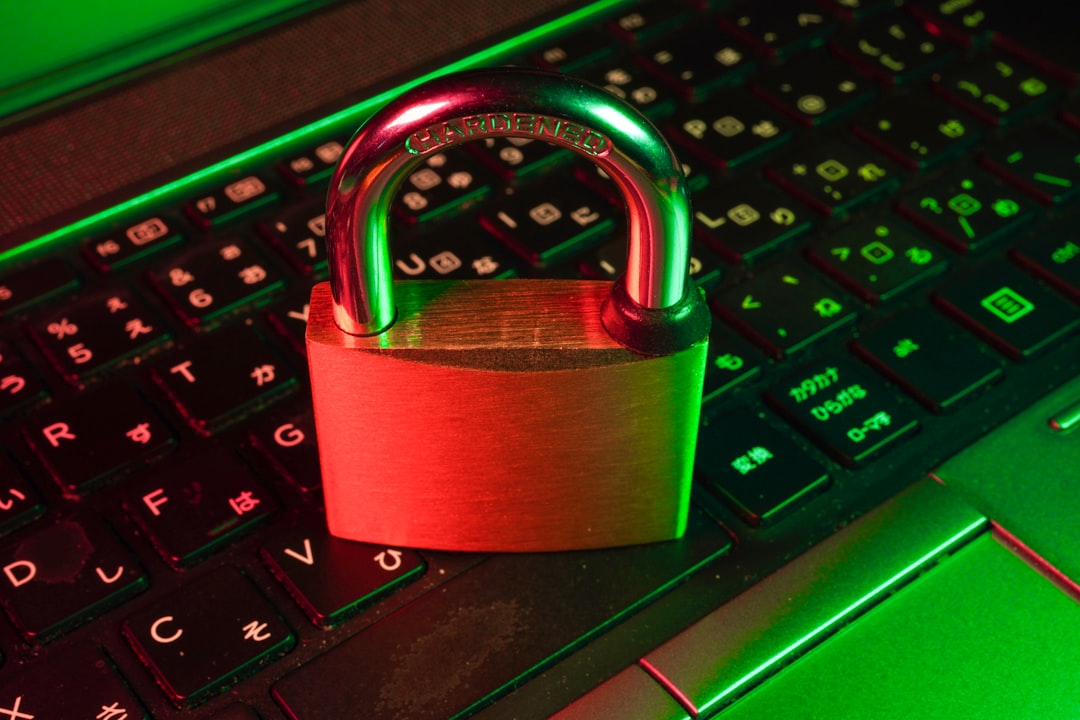The General Data Protection Regulation (GDPR), which came into effect on May 25, 2018, marked a significant turning point in how organizations handle personal data. Its arrival reshaped a wide range of business operations, especially those involving digital communication. One of the areas most affected by GDPR is email security and compliance. Organizations that rely on email to communicate with customers, clients, and employees must now navigate a complex landscape to ensure they remain compliant with both privacy laws and industry best practices.
Understanding GDPR’s Core Principles
The GDPR focuses on strengthening the rights of individuals with respect to their personal data. It applies to any organization, regardless of location, that processes data from individuals in the European Union. Some key principles include:
- Data Minimization: Collect and process only the necessary data.
- Consent: Obtain clear and informed consent before collecting data.
- Accountability: Demonstrate compliance with GDPR principles at all times.
- Security: Protect personal data against unauthorized access, loss, or theft.
Email communication naturally involves the exchange of personal data, ranging from names and addresses to sensitive content like payment information. Thus, compliance with GDPR in the context of email demands a nuanced understanding of both the regulation and how email systems work.
The Role of Consent in Email Communication
One of the most impactful changes brought by GDPR is the requirement for explicit consent. This directly affects how companies build and use their mailing lists. Under GDPR, businesses can no longer send marketing emails or newsletters to individuals without obtaining clear, affirmative consent.
Pre-ticked boxes or inactivity as a form of agreement have been deemed invalid. Instead, organizations must ensure that consent is:
- Freely given – no pressure or implicit conditions
- Specific and informed – individuals must understand how their data will be used
- Unambiguous – active opt-in boxes only
This has a profound effect not only on marketing teams but also on system administrators and email service providers responsible for how mailing lists are maintained and how consent records are stored.
Email Security Considerations under GDPR
Email remains a primary attack vector for cybercriminals because of its widespread use and often lax security measures. GDPR requires that organizations implement “appropriate technical and organizational measures” to protect personal data. For email, this includes:
- Encryption: Both in transit (via SSL/TLS) and at rest, to prevent unauthorized access.
- Access Control: Limiting who within the organization can view or send personal data over email.
- Policy Enforcement: Automated systems to prevent sensitive data from being sent out improperly.
In addition, organizations must have incident response protocols in place. Under GDPR, a personal data breach must be reported to the relevant authority within 72 hours. This means that systems must be capable of detecting breaches quickly.

Audit Trails and Record-Keeping
Another critical aspect of GDPR compliance is the ability to prove that compliance is happening — this is the essence of the accountability principle. In the context of email security, this often translates into robust logging and audit trail systems. Companies may need to show:
- When and how consent was obtained
- Who accessed specific email communications and why
- Logs of any security incidents or breaches involving email data
Maintaining these records helps organizations demonstrate due diligence and may protect them from severe penalties in the event of non-compliance investigations.
Impacts on Third-Party Email Providers
Most organizations today rely on third-party services to handle a significant portion of their email infrastructure, whether it’s for sending newsletters, customer support, or authentication. GDPR has had a ripple effect on these relationships.
Under the GDPR framework, these third-party providers are often considered data processors, while the companies using them act as data controllers. That means both parties have responsibilities. Controllers must:
- Ensure the provider complies with GDPR standards
- Sign a Data Processing Agreement (DPA)
- Vet the security practices of the provider
A failure in compliance by a service provider can ultimately affect the controller’s own compliance status. Organizations must now conduct more rigorous audits before choosing who manages their email data.

Email Archiving and Data Subject Rights
With GDPR granting individuals expanded rights—including the right to access, correct, and erase their data—organizations must ensure that their email archiving systems can fulfill these requests.
An email archiving solution should offer:
- Searchability: Quick retrieval of emails related to a specific individual
- Edit tracking: Logs that track access and modifications
- Deletion management: The ability to permanently erase specific content if legally required
Failure to comply with a lawful request can lead to fines and reputational damage, so this functionality is critical for GDPR adherence.
Fines and Enforcement
Non-compliance with GDPR can lead to significant penalties. Fines are tiered, with the most severe cases reaching up to €20 million or 4% of global annual turnover—whichever is higher. Email-related violations, such as failing to secure personal data or sending unsolicited marketing emails, have already led to real-world fines for organizations across Europe.
Thus, proactive compliance not only protects user data but also shields organizations from steep financial consequences.
Conclusion
The introduction of GDPR has fundamentally changed how organizations approach email communication and data security. What was once a straightforward tool for easy communication has become a regulated channel requiring careful policy, technical safeguards, and constant oversight.
Companies must integrate GDPR compliance into their overall email strategy, choosing secure systems, acquiring valid consent, maintaining auditable records, and preparing to respond efficiently to data requests. While the process can be complex, it ultimately fosters greater trust with users and enhances data security practices across the board.
FAQ: GDPR and Email Compliance
- 1. Does GDPR apply to companies outside the EU?
- Yes. Any company that handles data from EU residents, regardless of where the company is located, must comply with GDPR.
- 2. Can I send marketing emails without consent under GDPR?
- No. Clear, informed, and affirmative consent must be obtained before sending marketing emails.
- 3. What should I look for in an email provider to ensure GDPR compliance?
- Ensure that the provider uses encryption, offers secure data storage, is willing to sign a Data Processing Agreement, and provides tools for compliance management, like audit trails and data subject access assistance.
- 4. What happens if personal data is exposed through a breached email?
- The organization must report the breach to a Data Protection Authority within 72 hours and inform affected data subjects if the risk is high. Failing to do so can result in heavy fines.
- 5. How long can I store customer emails and data?
- Only as long as it’s necessary for the original purpose of data collection. Afterward, the data must be erased or anonymized.
